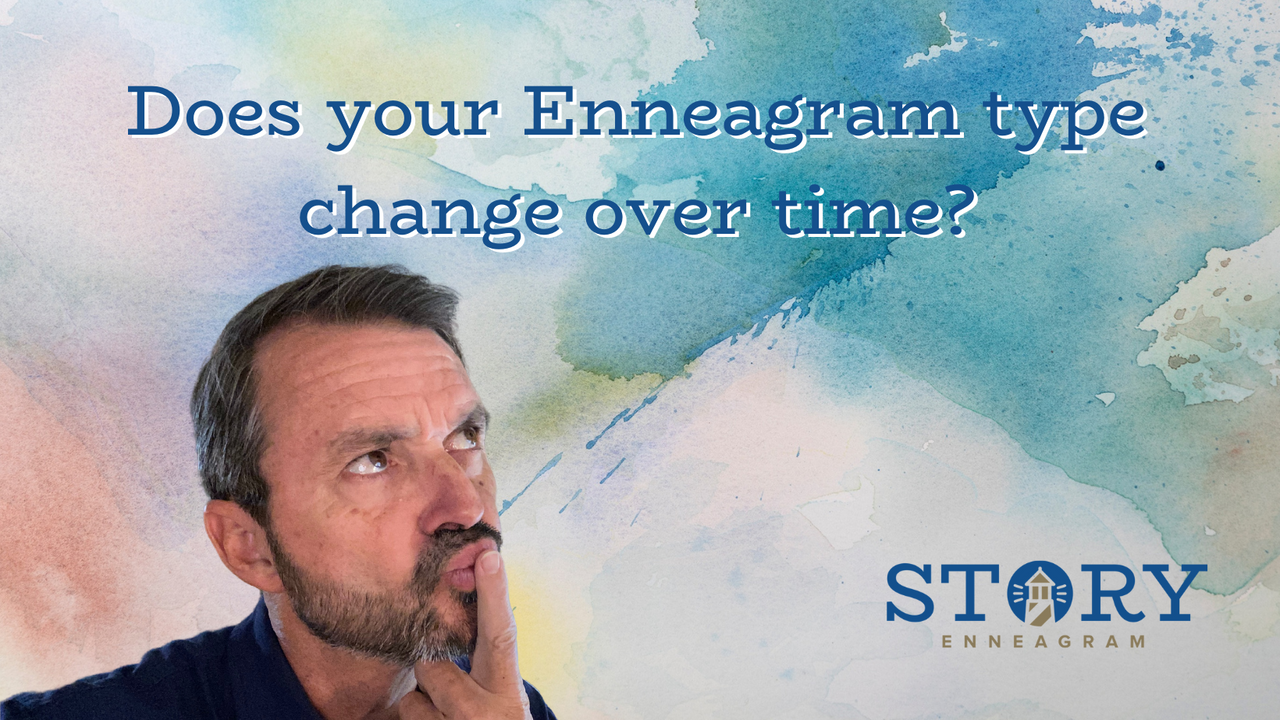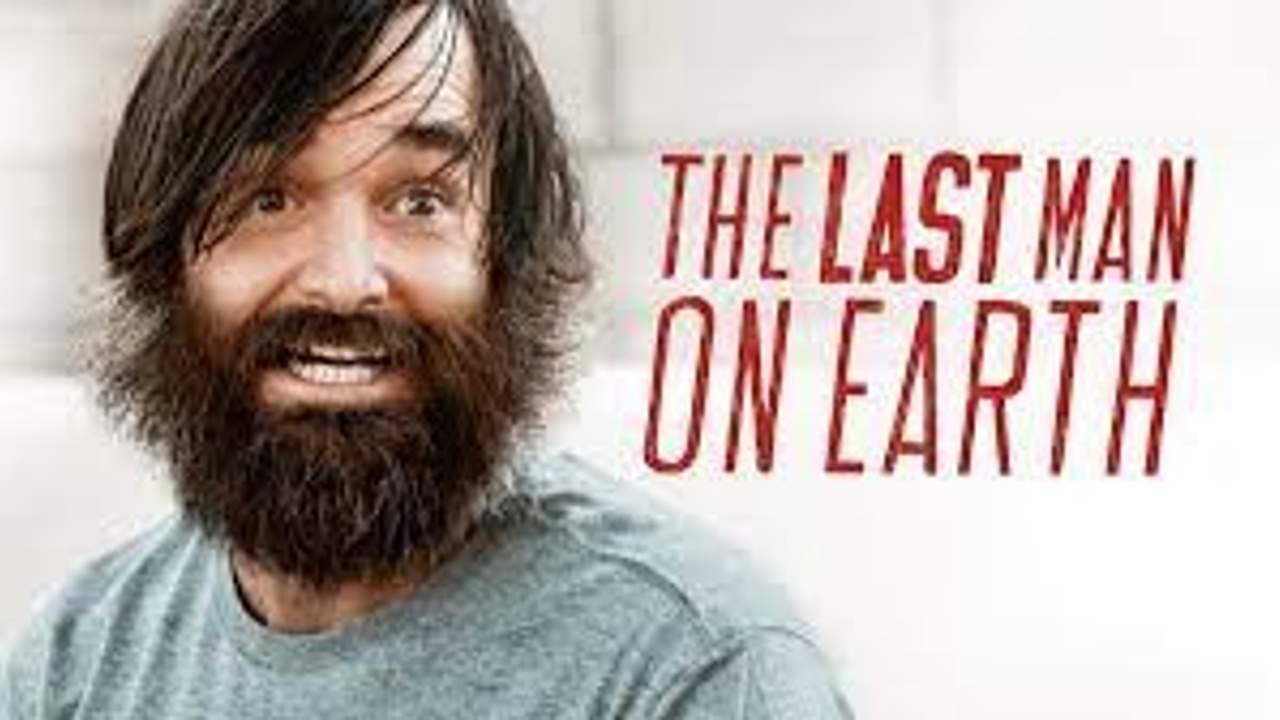Does your Enneagram type change over time?
Oct 28, 2022
Three is the Magic Number
Oct 14, 2022
The Last Person on Earth
Sep 30, 2022




